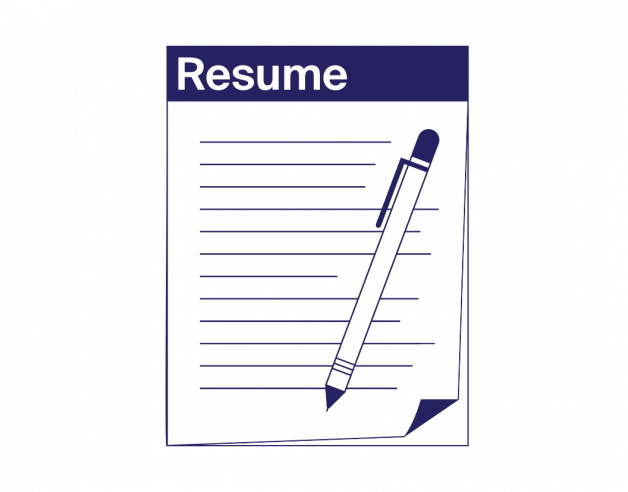
-
4-minute read
-
9th November 2022
What’s a Good Objective for a Resume?
Whether you’re brand new to the professional world or dusting off your old resume for a career change, a resume can be a powerful tool. It could be the reason you get a call for an interview or the reason your application gets passed over. So, it’s worth spending some time ensuring it’ll make the best impression.
The resume objective is an especially impactful component of your resume. If you don’t know what that is, no biggie! They’re not as common as they used to be, but they can quickly convince a potential employer that your experience and skills make you worth considering for a job before they’ve even learned anything else about you.
So, what’s a resume objective, when should you have one, and how can you craft it effectively? Read on to learn more.
What’s a Resume Objective?
A resume objective is a 2–3 sentence statement at the top of the page that sums up your experience, skills, and why you’re applying for the job. Basically, it describes your objective of getting an employer to look at your resume. It should be eye-catching and relevant.
When Should You Include One in Your Resume?
If you’re applying for a job but don’t have the necessary experience, a resume objective can help you look more qualified. So, if you’re applying for your first job, your first career job (i.e., you’re ready to start working as a journalist after graduating college, but you’ve only worked in retail), or you’re looking to change careers, a resume objective may be useful for you.
How to Write an Effective Resume Objective
First, try to imagine the employer’s perspective. What skills are they looking for in a prospective employee? What are the day-to-day expectations of the job, and what do you bring to the table that could be useful for those?
For example, let’s continue with the example of applying for your first job in journalism. Journalists need to be comfortable working with people, good at communicating, observant, and flexible. If you’ve only worked at retail jobs so far, you’ve likely sharpened your customer service skills, adapted to various shifts and work environments, and developed a good eye for detail to be aware of inventory, shopping behaviors, and store conditions.
Next, think about what the company’s goals are in hiring someone for this position. If it’s a journal looking for writers, it may want to expand outside its local territory or cover bigger stories. Or maybe it just needs journalists familiar with the local area and people. Depending on what they’re looking for, think about how you can fill that need.
Find this useful?
Subscribe to our newsletter and get writing tips from our editors straight to your inbox.
Subscribe to Beyond the Margins and get your monthly fix of editorial strategy, workflow tips, and real-world examples from content leaders.
A good formula to follow is to include a skill, education, or certification relevant to the job, the time you’ve spent gaining that experience, and what you’ll help the company accomplish.
Our example could look like this:
Top Tips to Keep in Mind
Remember to tailor your objective to the specific position and organization you’re applying for. Even if you’re applying for dozens of jobs, if a company feels like they’re your top choice and you’ve already put time and effort into learning about them specifically, they’ll be more likely to give you a shot.
Try not to sound braggy or use language that could be subjective. Focus on facts and use numbers to back up your experience.
And don’t use complicated language on purpose. Writing that’s simple, clear, and succinct goes a long way.
Proofreading and Editing
Once you’ve put together your resume, make sure you have it proofread! Our team of experts has polished countless resumes, CVs, and cover letters, and will ensure yours is professional and effective. Get 500 words proofread for free today!




